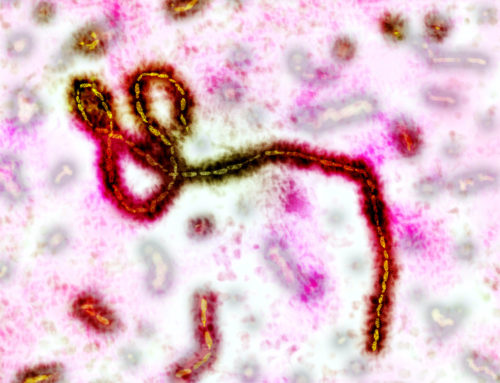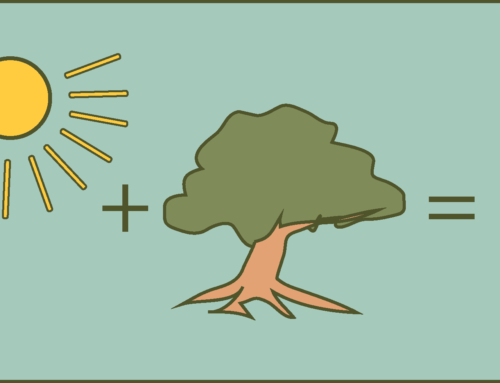Everyone is talking about swarm intelligence, of course. For some time now, the masses of living beings have been given more credit than their individual members.
The ant state, which uses optimization algorithms when searching for food, which can be described as intelligent and which are not accessible to the individual ant. Shoals of fish that minimize the risk of being eaten by the individual fish by making movements as a whole and being viewed as one organism.
On the one hand, such images illustrate the beauty of self-organizing systems and, on the other hand, show from an information theory perspective how few parameters are often only necessary to find optimal solutions for otherwise overly complex problems.
An example may illustrate this. So no simple formula can provide a solution to the well-known "problem of the traveling salesman", namely the shortest route for the journey to ten locations and return to the starting point. Only trying out all possible solutions, a process that quickly reaches its technical limits as the number of cities grows, can produce an exact solution.However, heuristic methods such as trial and error, i.e. trying out, can usually be a good one in a comparatively short time (if not necessarily the optimal) solution can be found.
For the ants, this works in such a way that the faster way is the one that will consistently contain higher amounts of a given pheromone, because each ant releases this messenger substance on the one hand at regular intervals and on the other hand it will be more likely to choose the path that has a higher pheromone concentration. If one imagines that each ant would pull a brush with blue paint behind it, it is clear that the shorter path is covered more frequently in the same time, that is, so to speak, "bluer" than the longer path. The preference of the ants for "bluer" ways in turn reinforces the effect.
Such behavior, which systems of organisms can be capable of, is called "intelligent" with some justification. From this point of view, however, such systems are quickly expected to do too much. In the swarm suddenly properties of a "brain" emerge, possibly still awareness and supposedly better business decisions, the swarm predicts stock market trends and exposes Guttenberg.
The warnings from this year's Peace Prize winner of the German book trade Jaron Lanier, swarm intelligence in the sense of “digital Maoism” would always favor the media, form the antithesis of a fashionable mysticism that glorifies the swarm, as is encountered in business, technology and, last but not least, in didactics.
The proverbial stupid, which collections of cognitively individually adequately equipped creatures obviously like to present - one inevitably thinks of swarms of football fans (or are they herds?), Ethnic or religious groups, running cattle or how light-weight anecdotes become unchecked urban legends , is the most convincing case of stupidity.
Social feedback loops drive the individual to think that the majority movement is smarter than their own and the collective is better informed than themselves. Not always an unwise decision and often biologically meaningful in the long term, but fatal in a number of cases where the group obviously makes the worse decision.
The fundamental willingness to carry out absurd exercises is nowhere as brilliantly clear as when considering religious or political behavior of different stripes, but Kasi of collective stupidity are also everywhere everywhere in the small.
That the knowledge of this in the collective memory, the traces of which fairy tales can easily count as, was stored in such famous stories as "The Emperor's New Clothes", but leaves room for hope: this well-known story about opinion and social pressure seems to give rise to suspicion to confirm that the individual, especially if still childlike, is more accessible to the truth than the average mass with their average opinion.




